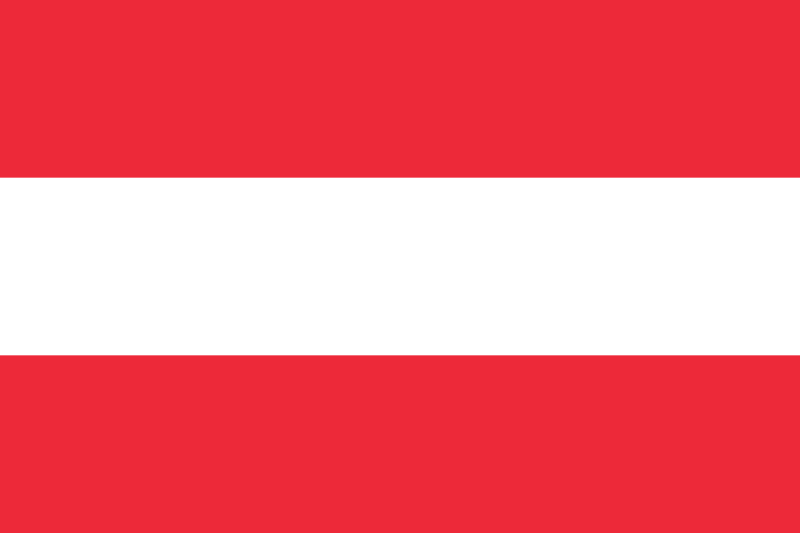

Austria/Brazil: Mechanism to Guarantee Energy Supply Contracts
Energy Service Companies (ESCOs) sell solar heat to clients instead of solar systems. To be profitable, the ESCO or contractors need to supply the energy over long contract periods between 10 and 20 years. For example, Austrian company S.O.L.I.D. has received a EUR 4 million loan for a huge solar cooling system in Singapore, which is being refinanced through an energy supply contract with the United World College over 12 years (see photo). One of the major problems of the solar thermal sector today is to find banks and investors willing to share such a long-term risk. One way out of this dilemma is to have credit security providers joining large-scale solar thermal investments. These providers cover the risk of underperforming systems or outstanding client payments. Public and private financial institutions are both able to prevent financial shortcomings. Case studies from Austria and Brazil show how important these financial guarantee schemes really are.
To convince banks to fund large-scale ESCO projects, Austrian company S.O.L.I.D. has signed a guarantee contract with the parastatal Austrian Control Bank, ÖKB. The contract falls into the category of risk assurance at the bank’s Export Services Department. It includes two phases: The ÖKB covers 50% of the loan for the installation of the system and once it is commissioned, the guarantee contract’s second phase will come into play, making up for any shortfall in client payments regarding monthly energy costs. The ÖKB guarantees 50 % of the energy costs in case of illiquidity of the client and even 100 % in case of political riots in the country over a period of 12 years.
“This guarantee agreement with the ÖKB was only possible after a thorough inspection of our company,” explains Christian Holter, CEO of S.O.L.I.D. Several ÖKB employees remained at S.O.L.I.D.’s Austrian headquarters for three full days, checking the documentation of reference projects and the quality assurance measures of project management. “We signed guarantee agreements for the United World College in Singapore with a collector field of 3,900 m² and a cooling unit of 1,500 kW of capacity and for the even larger solar cooling project at the Desert Mountain High School in the USA,” confirms Holter. S.O.L.I.D. installed a system with 4,645 m2 of collector area and a cooling capacity of 1,750 kW at this school. The total investment: around EUR 10 million. “Without the guarantees of the ÖKB, there would have been no credit financing for both projects,” the CEO says. Raiffeisen Bank International, a subsidiary of the Austrian Raiffeisen Group, granted the credits for the school project in the US. The investment for the Singapore installation came from an Austrian regional bank, the Raiffeisen-Landesbank of Steiermark (RLB-Stmk).
In Brazil, the Inter-American Development Bank (IDB) has started a programme called Energy Efficiency Guarantee Mechanism (EEGM). The EEGM offers partial credit guarantees covering up to 80% or the Brazilian Real (BRL) equivalent of USD 800,000 per energy efficiency project, for which solar water heaters are one eligible technology among others. The Technical Risk Guarantee limits the risk of underperforming energy-saving measures due to technical failures. It covers a maximum of 80 % of the energy savings value for up to 7 years. The product is designed to be used in conjunction with an energy efficiency performance contract established between the ESCO and the end user.
“The assurances given take a huge risk away from the ESCOs,” says Lucio Mesquita, Engineering Consultant for large-scale solar thermal systems in Brazil and North America. “What we still need in Brazil is a legal framework allowing the contractor to draw up an agreement with the client, saying that if the solar heat purchaser does not pay, he can remove the solar installation.” The IDB has just started the call and is now reviewing the applications. It is a small pilot project with a budget of USD 25 million, which is thought to cover around 200 partial credit guarantees in the period up to 2016.
More information:
http://www.solid.at
Energy Efficiency Guarantee Mechanism: http://www.eegm.org/
Austrian Control Bank (Österreichische Kontrollbank): http://www.oekb.at/en/Pages/default.aspx
Raiffeisen Bank International: http://www.rbinternational.com/eBusiness/01_template1/829189266947841370-NA-NA-NA-2-EN.html